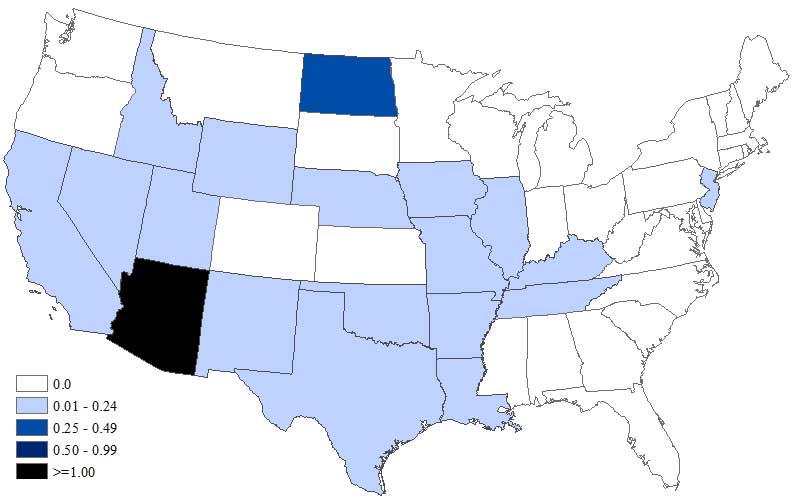david kelly with mother gayle
Vince Jackson/Special to the Independent-Mail
Saturday, November 10, 2007, Anderson South Carolina
David Kelly was a healthy, 25-year-old graduate student at Clemson University when he realized something was not right.
“I felt weakness in my leg and pain in my lower back,” he said. “The pain did not stay in one place. It moved around to my neck and head.”
The weather in Clemson had been hot and dry in late August — not the kind of weather to produce swarms of mosquitoes.
“I always thought that West Nile virus was something other people got. Certainly not my son,” said David’s mother, Gayle Kelly.
Mr. Kelly had attended orientation at the university’s Outdoor Lab, but doesn’t remember being bitten by an insect.
“I have no idea how I got this disease,” he said.
Gayle Kelly said she realized something was terribly wrong with her son when he could not walk properly and began to shake uncontrollably. At the emergency room, Mr. Kelly was diagnosed with pneumonia and told to go home to recover. At home, he was too weak to get out of the car, so his mother took him back to the emergency room and demanded he be treated.
“Doctors have since told me that I saved David’s life by being so insistent,” she said.
Once the seriousness of Mr. Kelly’s illness became apparent to doctors, they drew blood and ordered a spinal tap and CAT scan. They were focusing on two possibilities: the neurological disorder Guillain-Barre or West Nile virus.
The next day Mr. Kelly’s temperature climbed to 104 degrees and he suffered spasmodic jerking of his body. He was conscious, but could not perform neurological tests such as touching the end of his nose with his index finger. More tests were ordered, including an MRI and nerve conduction test.
Ms. Kelly recalled that she was beginning to face the possibility that her only son would not survive. Mr. Kelly was transferred to Greenville Memorial Hospital, where doctors found that anti-convulsive drugs administered to him were having an adverse effect on brain function.
“I had to decide whether or not to give him the seizure drugs because of the side effects,” Ms. Kelly said. “No one knew if it would kill him or not, to stop those drugs.”
Mr. Kelly’s temperature dropped as low as 95 degrees and he developed a heart arrhythmia due to interactions among the different drugs he was being given. Finally, after a week in the hospital, doctors told Mr. Kelly they had an idea what his illness was: West Nile virus.
“The hospital could not tell us that David had WNV, only that he had WNV antibodies in his blood,” said Ms. Kelly. Either DHEC or CDC must confirm WNV, and that took another 2ƒ weeks.
Eventually Mr. Kelly was transferred to Roger C. Peace Rehabilitation Center, where he spent nearly two weeks and gradually began walking again, with the aid of a walker and cane.
Two months later, Mr. Kelly has recovered enough to return to school, where he works part-time as a graduate assistant. He can now walk short distances, but needs to wear a leg brace to support his foot.
“I am not in pain and I don’t remember much about what happened to me, but I am determined to get completely back to good health,” he said. “The most important thing is to finish my Ph.D. I want to teach business at a university.”
As a distant cousin of John C. Calhoun, Mr. Kelly feels a strong connection to Clemson and is grateful for the prayers, encouragement and hope the university community provided during his illness and recovery.
“I love Clemson and all the people associated with it,” he said. “I want everyone to know how much it means to have their support.”







